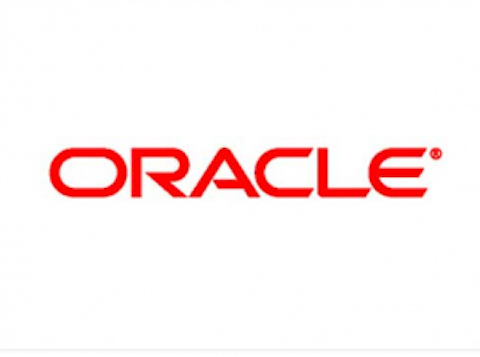
The board is right to claim that the $90.7 million valuation of Ellison’s 2012 pay is misleading. In the end, Ellison’s 2012 pay will likely be significantly higher than the $90.7 reported in the company’s proxy — even if Oracle goes on to underperform.
Here’s why.
Options valuation
Oracle points out that the options granted to Ellison had no intrinsic value when they were granted, and would only gain intrinsic value if the stock appreciates. That much is true. The strike price of options granted to Oracle’s named executive officers was based on the closing price of Oracle’s common stock on the date the options were granted, so the $90.7 million valuation was entirely based on the time value of the options, which are good for 10 years.
Also, these options take four years to fully vest. Four years from now, Ellison’s 2012 options will have less time value, so he’ll only be able to bank his $90.7 million if Oracle’s stock price appreciates under his leadership.
What the proxy doesn’t tell you
Even if we buy Oracle’s claim that intrinsic value is a better indicator of the “true value and worth” of Ellison’s options, a few basic calculations show us that Ellison doesn’t have to help Oracle put up a very strong performance to get his $90.7 million payday.
How much does Oracle’s stock price have to appreciate over the 10-year life span of Ellison’s 2012 options for him to get that $90.7 million? Only about 3.4% a year!
Guess how much Ellison’s 2012 options will be worth 10 years from now if Oracle’s share price doubles, offering average increases of 7% per year. About $227 million! That’s a heck of a lot of money to pay for share appreciation soundly beaten by the nearly 10% average historical annual growth put up by large-cap stocks on the whole. Granted, this average includes gains made through dividends, but with a yield lower than 1%, Ellison isn’t doing much for shareholders in that arena, either.
Actually, the stock market’s long-term return has been closer to 9.6%, based on data from 1928 from IFA.com, which includes dividends.
Geometric mean returns (1926 through 2008)
| Asset Class | Average Annual Return |
|---|---|
| Large-cap stocks | 9.6% |
| Long-term government bonds | 5.7% |
| U.S. Treasury Bills | 3.7% |
An option to rip off shareholders
Ellison isn’t the only CEO with the potential to gain an outrageous pay package without putting up a performance to match it. Eric Schmidt, former CEO of Google Inc (NASDAQ:GOOG) , was granted a pay package worth more than $100 million in 2011. $38 million of that pay package comes from 181,840 options given an at-the-money a strike price of $612. As was the case with Ellison’s options, Schmidt’s options had a 10-year life span and put Schmidt in a position to make much more than $38 million on them if Google went on to put up a merely average performance. If Google’s stock price appreciates by an average of 7% per year, Schmidt’s shares will be worth more than $111 million by the time the options are set to expire.
The article Investors, Pay Attention: You Are Paying for Underperformance at These Companies originally appeared on Fool.com.
Fool contributor M. Joy Hayes is the Principal at ethics consulting firm Courageous Ethics. She has no position in any stocks mentioned. Follow @JoyofEthics on Twitter. The Motley Fool recommends Google. The Motley Fool owns shares of Google and Oracle.
Copyright © 1995 – 2013 The Motley Fool, LLC. All rights reserved. The Motley Fool has a disclosure policy.

